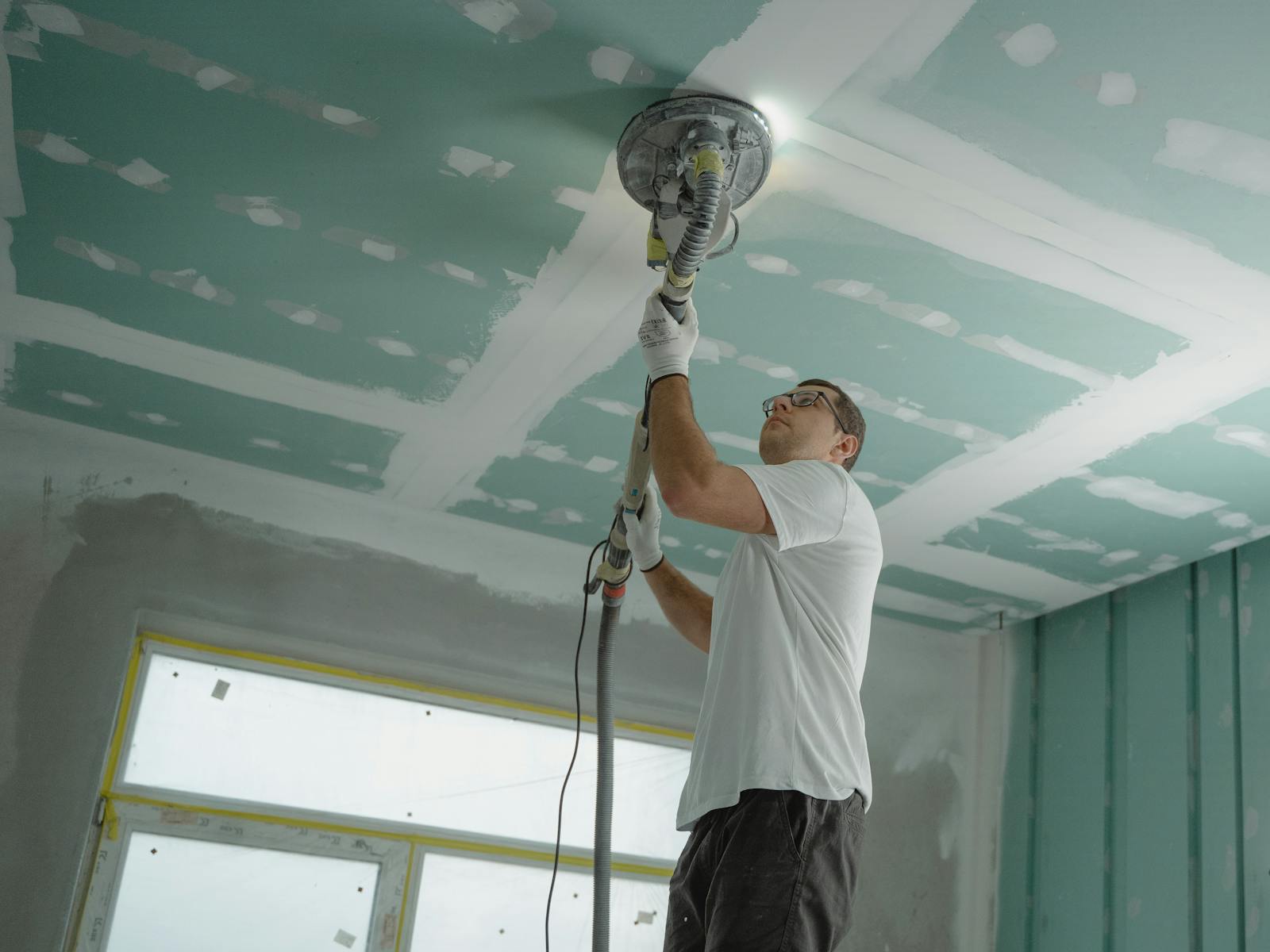Home improvement projects are exciting opportunities to enhance your living space and increase the value of your property. However, amidst the excitement, homeowners must be vigilant about potential scams that could leave them with shoddy workmanship or empty pockets.
1. Research and Verify Contractors
The first step in avoiding home improvement scams is conducting thorough research on contractors before hiring them. Take the time to verify their credentials, licenses, insurance coverage, and reputation in the industry. Look for online reviews and testimonials from previous clients to gauge their reliability and quality of work.
Example: A couple in California hired a contractor without researching his background thoroughly. They ended up losing $10,000 when he disappeared after receiving an upfront payment for a bathroom renovation project. This case highlights the importance of due diligence before hiring any contractor.
2. Get Multiple Quotes
To ensure you are getting a fair price for your home improvement project, obtain multiple quotes from different contractors. This will allow you to compare prices, materials used, timelines, and overall project scope.
- Contact at least three reputable contractors who have positive reviews or come recommended by friends or family members.
- Request detailed written estimates that clearly outline all aspects of the project including labor costs, material costs, permits required if any etc.
- Avoid unusually low bids as they may indicate subpar workmanship or hidden charges later on.
3. Never Pay Upfront
A common scam tactic is for contractors to request a large upfront payment before starting the project. Avoid this by negotiating a payment schedule that aligns with the progress of the work. Legitimate contractors typically ask for a small deposit or down payment, followed by payments at specific milestones or upon completion of different project stages.
Statistic: According to the Federal Trade Commission (FTC), homeowners who pay in full upfront are more likely to fall victim to scams.
4. Insist on Written Contracts
To protect yourself from potential disputes and misunderstandings, always insist on a written contract that clearly outlines all aspects of the home improvement project. The contract should include details such as project start and end dates, materials used, payment terms, warranties, and any other agreed-upon specifications.
Example: A homeowner in Texas hired a contractor for roof repairs but failed to sign a written contract. When issues arose later regarding poor workmanship and incomplete repairs, the homeowner had no legal recourse due to lack of documentation.
5. Trust Your Instincts
If something feels off during your interactions with a contractor or if they pressure you into making quick decisions without providing adequate information or time for consideration, trust your instincts and proceed with caution.
Reputable contractors will be transparent about their process and answer all your questions patiently.
Avoiding home improvement scams requires careful research, verification of contractors’ credentials, obtaining multiple quotes, avoiding upfront payments, insisting on written contracts, and trusting your instincts throughout the process.
By following these practical tips and staying vigilant against potential red flags, you can ensure a successful home improvement project without falling victim to scams.






